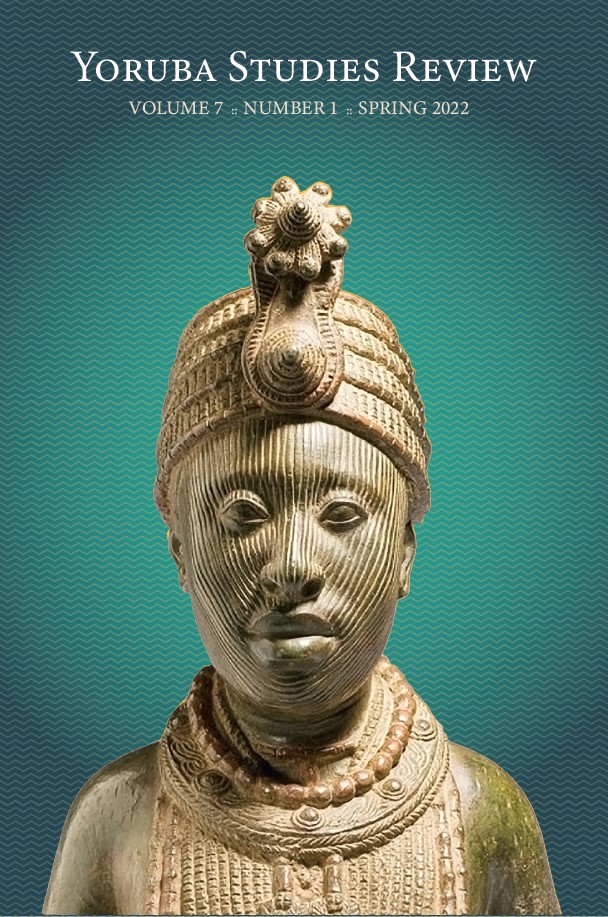Abstract
Language has long defined the discourse of African literature. Africa’s colonial experience has left its enduring legacy of colonial languages which have been imbibed to the detriment of the usage of indigenous African languages. Accordingly, even in the creation of literary works, the African writer has had to resort to the colonial languages as the medium of expression. Since it is implausible to think of the literature of a people outside the context of their languages, there has arisen a debate on the appropriate language that can be used in African literary expressions. One school of thought represented by Wali and Ngugi see it as absurd to refer as ‘African’, a literary work whose medium of expression is English (a foreign language). They argue that for any literary work to be truly “African”, it has to be written in an African indigenous language. Wali posits that until African writers come to terms with writing literary works in native languages they pursue a dead end. Ngugi also opines that language is so deeply rooted in culture that decolonization is impossible as long as English or any colonial language remain the medium of expression. He argues that using English as the medium of African literary expression amounts to linguistic imperialism. Achebe on the other hand, believes that African writers should embrace writing African literature in any foreign language because this offers African writers a useful means of reaching a wider audience and ensuring African literature a prominent space in the global literary landscape. There is also the alternative of African writers threading the middle ground in this debate by adopting and adapting the foreign language through translating from the foreign language to the local and vice versa to reach a wider audience, achieve universal intelligibility and acceptability. This review essay takes the position that African writers can use the tool of translation to promote the local languages through the process of adoption and adaptation.

This work is licensed under a Creative Commons Attribution-NonCommercial 4.0 International License.
Copyright (c) 2022 Gifty Akua Nyarko , Rita Ndonibi
